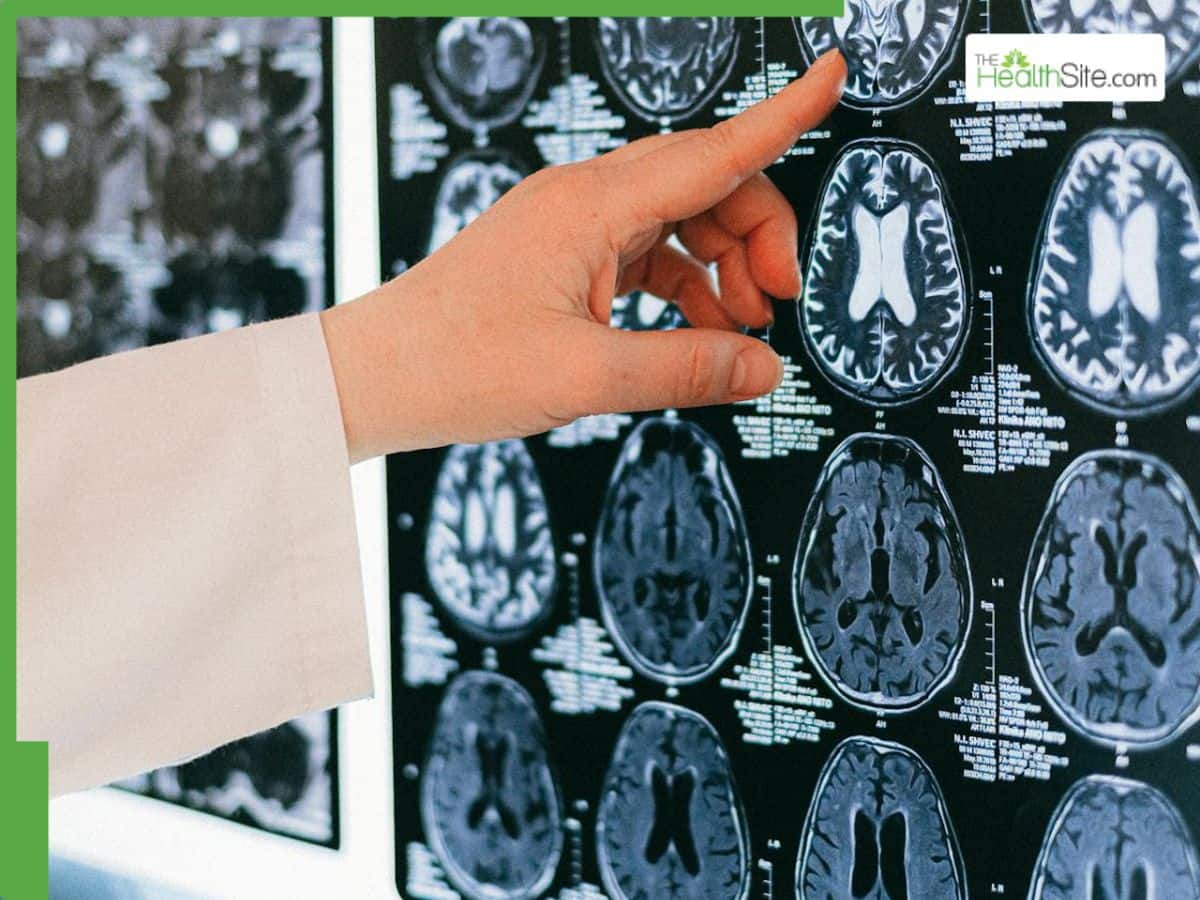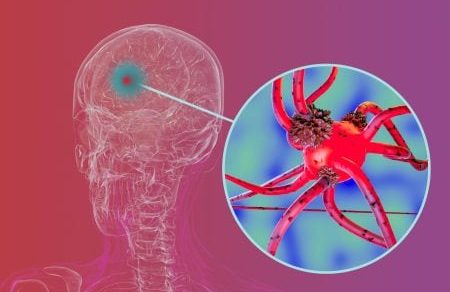Looking a treatment for symptoms of decline in thinking and reasoning skills? Recent study approves common cough syrup to treat Parkinson Disease Dementia.

Parkinson’s Disease (PD) is a progressive movement disorder of the nervous system that includes parts of your brain, spinal cord, and a complex network of nerves.
A recent groundbreaking study of the phase-II trial has revealed that a common cough syrup can potentially slow cognitive decline in Parkinson’s Disease patients who develop Parkinson’s Disease Dementia (PDD).
Slow Cognitive Decline
Researchers during a 12-month-long study at the Lawson Research Institute found that a cough syrup called Ambroxol has shown a promising result in stabilising psychiatric symptoms, improving cognitive functions, and protecting against brain damage in genetically at-risk participants.
Also Read
Method Of The Findings
The study, titled “Ambroxol as a Treatment for Parkinson Disease Dementia”, which is now published in the JAMA Neurology, compared the results of Ambroxol with a placebo among 55 participants with PDD, administering high-dose Ambroxol (525 1,050 mg/day).
While the primary and secondary results showed similar results, the participant on the placebo experienced “worsening in neuropsychiatric symptoms, whereas those receiving ambroxol remained stable.”
What Is Ambroxol?
Ambroxol is a drug typically used in the treatment of respiratory diseases linked with viscid or excessive mucus.
What Is Parkinson Disease Dementia (PDD)?
PDD is a condition that develops after being diagnosed with Parkinson’s Disease. People with Parkinson’s Disease show signs of symptoms like a decline in thinking and reasoning skills.
Cleveland Clinic explains, “Parkinson’s Disease is a neurodegenerative brain condition that mainly affects your movements, causing tremors, slowed movements (bradykinesia) and other issues. But it can also affect the parts of your brain responsible for mental functions. This is when dementia may develop.”
Other Symptoms Of Parkinson’s Disease
Symptoms of Parkinson’s Disease may vary from person to person. However, below are some of the most common signs, according to the Centres for Disease Control and Prevention (CDC):
TRENDING NOW
- Tremore
- Regidity
- Bradykinesia
- Postural instability
- Mental and emotional health problems
- Difficulty with swallowing and chewing
- Speech changes
- Urinary problems or constipation
- Skin problems
- Sleep problems
- Dementia or other cognitive problems
- Orthostatic hypotension, a sudden drop in blood pressure
- Muscle cramps and dystonia
- Pain in the muscles and joints
- Fatigue and loss of energy, especially late in the day
- Sexual dysfunction




